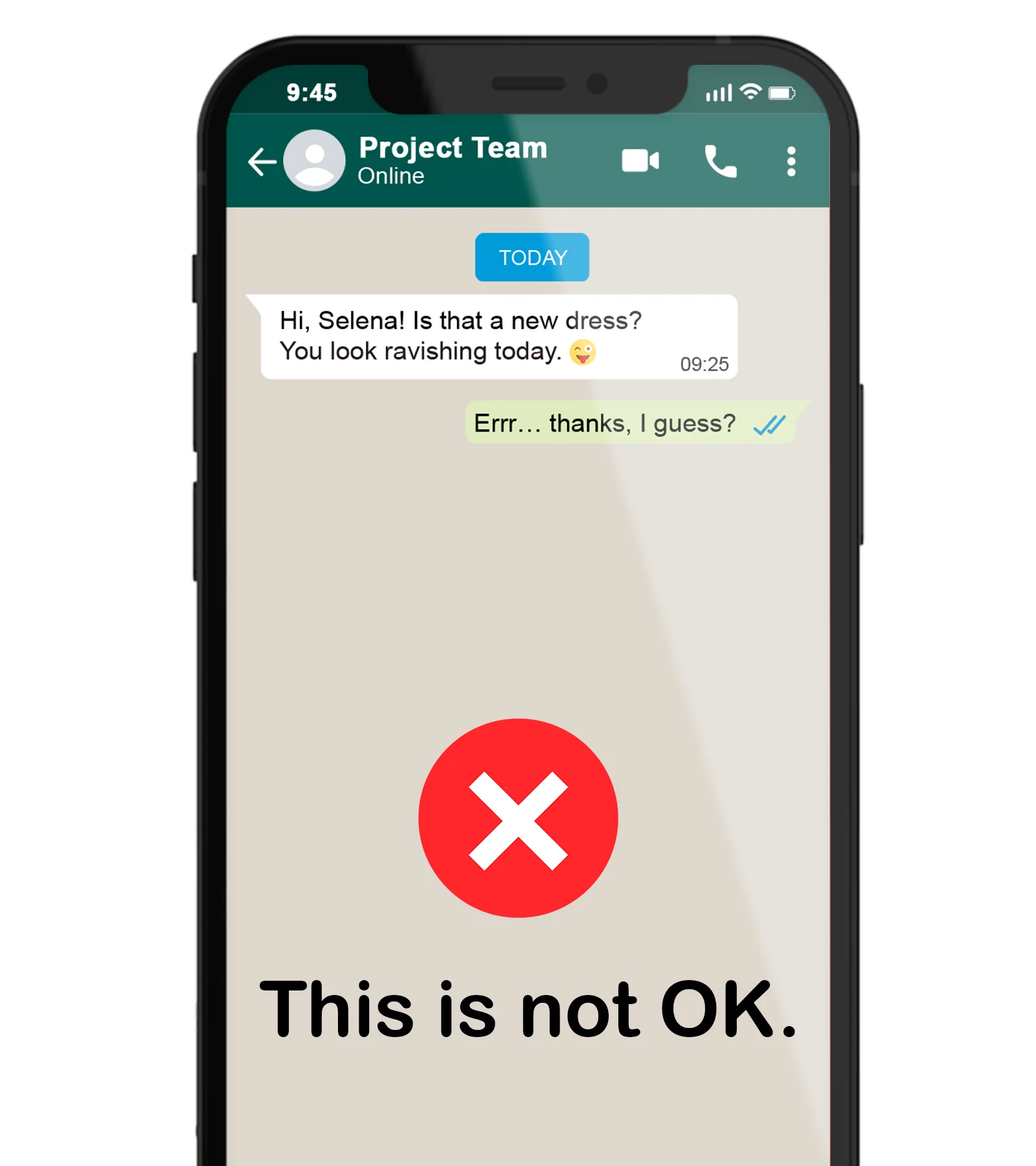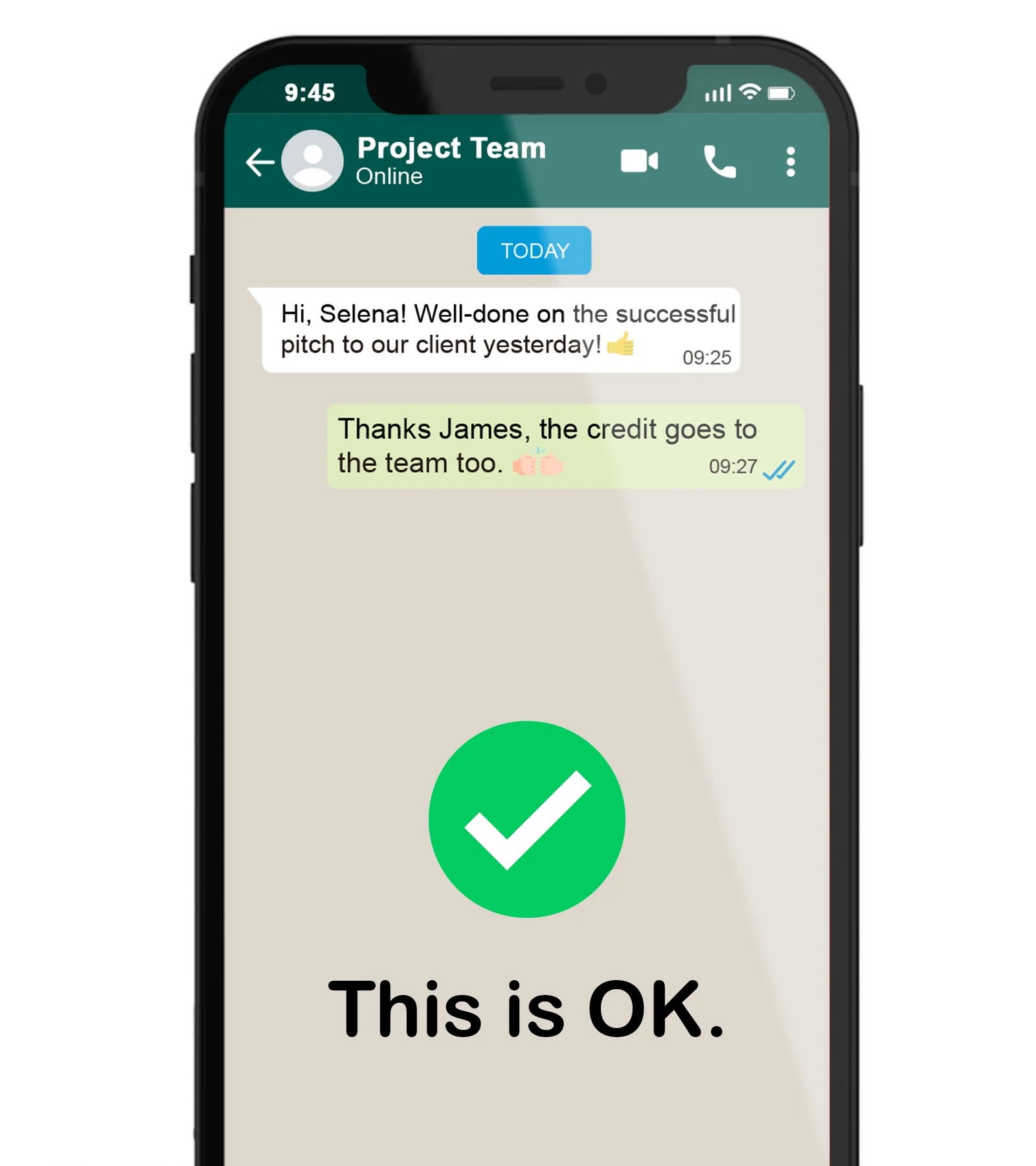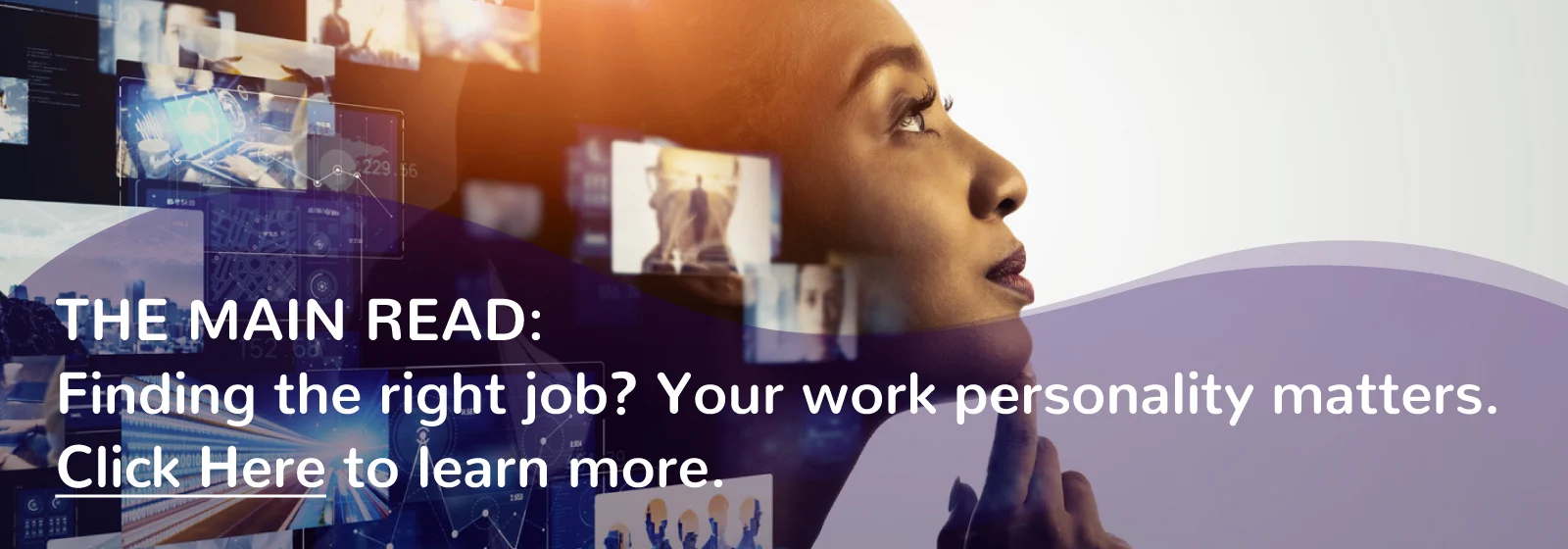In the modern workplace, a lot of communication is done via digital tools otherwise commonly known as work chat platforms. Bypassing the need for face-to-face meet-ups, digital communication is convenient, effective, and quick.
Digital collaboration tools such as Slack, Microsoft Teams and Google Meet, as well as mobile texting applications such as WhatsApp and Telegram just to name a few, have become essential for daily work communication.
With the advent of the pandemic, work chat platforms have proven to be even more invaluable as workers adapt to working remotely while maintaining efficient communication, productivity and rapport with colleagues and clients.
The downside of work chat platforms
As it stands, prevailing poor work culture habits have shifted online. While there’s no denying the convenience, effectiveness, and speed of communication via work chat, like any other technological tool, it is prone to abuse and misuse.
According to a news report by SteelEye, a global regulatory technology and data analytics firm, there was a significant increase in the use of offensive or hostile language that indicates bullying and harassment during the Covid-19 lockdown period.
In Singapore, there is a growing concern among workers about bosses texting past working hours on work matters, thus depriving them of work-life balance. On top of that, there are reports of unwanted and explicit sexual messages received by female employees from male co-workers.
While bullying and sexual harassment are less frequent occurrences in work chat abuse, there is a need for workers to be made more aware of the decorum and etiquette in using digital communication platforms for work.
Otherwise, it is not surprising that Singapore was ranked as the second-worst performing country in terms of workplace diversity and inclusion (D&I) practices, based on a poll of employees in 14 developed countries by Kantar, a data, insights and consulting firm.
The digital work environment should be respected too
Respect is a key requirement for a healthy work environment. It promotes teamwork and increases productivity and efficiency in the workplace. It lets employees know they are valued for their abilities, qualities, and achievements, and that their role is important to the company’s success.
In an environment such as the workplace where various personalities come to work together, it is very important for every employee to be aware of sensitivities. Generally, the rule of thumb is simple:
“If it’s something that you wouldn’t say to someone’s face, then the work chat is not the place to say it either.”
Here are some etiquettes that you can adhere to when communicating on work chat platforms.
1. R-E-S-P-E-C-T
The workplace is made up of workers of various backgrounds and personalities. Refrain from making references that are sensitive on the work chat. Always keep conversations professional and neutral.
Read More: Do You have the Persona that Employers are Looking for?
2. No need to be creative with your texts
Strong language, capital letters, and exclamation marks can be easily misinterpreted on screen. In the absence of body language, tone of voice and facial expressions to help understand what is being conveyed, your sentences in all caps may be misconstrued by your colleagues as anger.
3. Friendly, yes. Comedian, no.
Occasionally, it’s great to brighten up work chats with some humour. However, it’s important to be aware that sometimes people might not realise you are joking, especially if the humour contains cultural sensitivities. Before sending the text, remember to always ask yourself: is this appropriate?
4. Some things are best kept to yourself
While you may be close to some of your colleagues, it is best to keep your personal stories with them offline and focus work chats on just, well, work. Sharing your personal stuff in work chats is not only unprofessional but also puts your co-workers in an awkward position.
They’d be asking themselves: how do I respond to this?
When complimenting colleagues, always keep it formal and work-related. There’s a difference between complimenting and being a creep.


5. Be forgiving
Not everyone is good at texting or an ace in grammar. So, if you spot a co-worker texting with some spelling or grammatical errors, be forgiving. Focus on the message that is being conveyed rather than replying with snide remarks. Workplace bullying is bad and doing it on a digital platform like WhatsApp or Telegram doesn’t make it any less so.
Read More: Frustrated with Colleagues? Improve Your Relationships with Empathy
Work chat platforms: Keep it a safe space
Communication via work chat platforms is here to stay, so it’s important to ensure that it’s safe, reliable, and pleasant for everyone to use. Non-face-to-face conversations may sometimes distract us from the fact that etiquette and decorum are still required, especially at work.
So, always consider the consequences before pressing that send button!
















